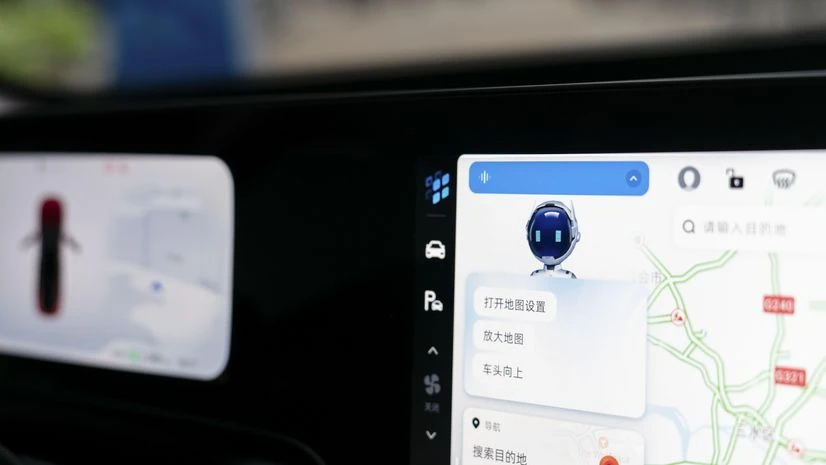The US Commerce Department plans to announce new rules banning Chinese and Russian software and hardware in connected vehicles, aimed at enhancing cybersecurity. This move follows concerns about hacking risks associated with smart cars, which rely on internet connectivity. The proposed restrictions, stemming from a cybersecurity investigation launched by President Biden, focus on automated driving systems and vehicle communication technologies. The administration aims to prevent potential data collection on US drivers by foreign companies while also protecting the US auto industry from increased competition from Chinese suppliers. These rules are set to be finalized by January 2025 after a public comment period.
The U.S. Commerce Department is set to announce new rules that would restrict the use of Chinese- and Russian-made technology in connected vehicles, according to sources familiar with the matter. This decision comes as concerns grow over cybersecurity risks linked to smart cars, which are increasingly reliant on internet connectivity. The proposed regulations are expected to target software primarily, but some hardware components could also be included.
The move is part of President Biden’s strategy to protect American drivers from potential hacking and tracking threats emanating from foreign technologies. The administration has been particularly wary of the risks posed by technologies developed by Chinese and Russian companies, especially with the rise of vehicles that communicate with each other and external systems.
In May, the U.S. imposed a 100 percent tariff on Chinese electric vehicles, citing subsidies provided by the Chinese government to its auto industry as a reason for the measure. This latest initiative aims not only to enhance national security but also to give American manufacturers time to build their own supply chains for connected vehicle technologies.
The new rules would regulate a variety of connected vehicle technologies, including automated driving systems and vehicle communication mechanisms. Officials plan to roll out these restrictions early next year after a public comment period.
As the U.S. auto industry strives to stay competitive, the challenge lies in balancing innovation and security. The anticipated announcements are expected to have a major impact on the relationships between American car manufacturers and their Chinese counterparts, as the latter continue to gain ground in the global electric vehicle Market.
Tags: U.S. Commerce Department, connected vehicles, cybersecurity, electric vehicles, Chinese technology, asset protection, automotive industry, smart cars.
-
Why is the Biden administration planning to ban Chinese car software?
The Biden administration wants to ban Chinese car software to protect American data and prevent hacking threats that could harm national security. -
Which types of cars will this ban affect?
The ban will mainly affect cars that use software made by Chinese companies, especially those connected to data-sharing and internet features. -
How will this ban help improve security for drivers?
By banning Chinese car software, the government aims to limit vulnerabilities that hackers could exploit, making it safer for drivers and their personal information. -
Will this ban impact car prices or availability?
Yes, it might impact prices and availability because car manufacturers may need to find new software sources or make changes to their products. - When will this ban take effect?
The exact date for the ban is not confirmed yet, but the administration is working quickly to put it in place as soon as possible.
)





